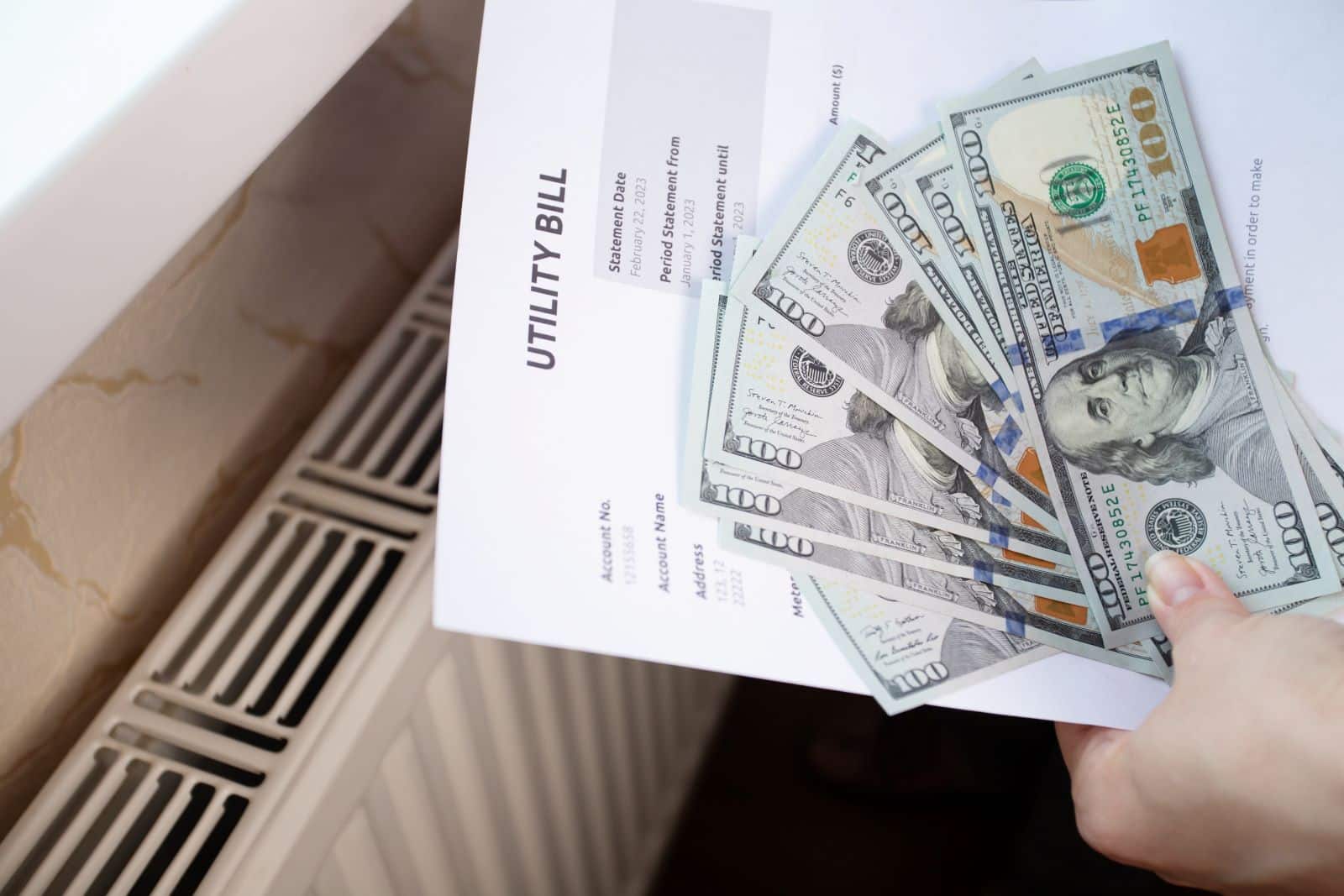Navigating the waters of rental agreements and rent hikes can be murky. Landlords often hold back full transparency about rent increases for various reasons. Here’s a list of insights and secrets that might not be openly shared but are crucial for every tenant to know:
1. Annual Increases May Be Capped

In many places, there are legal caps on how much your rent can increase each year, especially in rent-controlled areas. Your landlord might not volunteer this information, but it’s worth investigating.
2. Rent Increase Notices Must Be Given in Advance

Most states require landlords to provide tenants with a 30- to 60-day notice before rent increases take effect. This gives you time to decide whether to stay or look for a new place.
3. Rent Increases Aren’t Always Negotiable, But Sometimes They Are

While it might seem like rent increases are set in stone, some landlords are willing to negotiate. If you’re a good tenant with a history of timely payments, use this as leverage.
4. Improvements to the Property Can Justify Increases

Landlords often hike up the rent to cover the costs of property improvements. However, they should be improvements that benefit you and are not just routine maintenance.
5. The Local Rental Market Influences Rent Prices

If the local rental market is hot, landlords might increase rents to match market rates. Conversely, if the market is down, you might have a case to argue against an increase.
6. There Are Legal and Illegal Reasons for Rent Increases

Your landlord can increase rent for legitimate reasons like market adjustments and property improvements, but they can’t raise rent based on discriminatory reasons or in retaliation for complaints.
7. Utility Cost Increases Can Be Passed On to You

If your rental agreement includes utilities, any increase in these costs might be passed on to you through higher rent.
8. Multi-Year Leases Might Offer Protection

Signing a longer lease might protect you from annual rent increases. This can be a double-edged sword, though, binding you to a place longer than you might prefer.
9. Rent Increase Amounts Aren’t Always Based on Your Current Rent

Sometimes, rent increases are calculated based on current market rates rather than your existing rent, especially if your current rate is well below market.
10. There’s Often More Room to Move on Rent Than on Fees

While your base rent might seem non-negotiable, other associated fees, like those for pets or parking, might have more wiggle room.
11. Late Payments Can Influence Decisions on Rent Increases

If you’ve had late payments, your landlord might be more inclined to raise your rent to cover the perceived risk.
12. Your Landlord Might Not Actually Want You to Leave

Finding a new tenant is costly and time-consuming. If you’re reliable, your landlord might prefer to keep you at a slightly lower rent than risk vacancy.
13. Rent Control Laws Vary Widely

Local laws differ significantly. In some cities, rent control is strict and highly regulated; in others, it’s more lenient. Knowing the specifics can save you from unexpected increases.
14. Lease Renewals Are Prime Times for Increases

Expect rent hikes at lease renewal time, as this is the most common moment for adjustments.
15. Complaints Can Trigger Retaliation, Despite Being Illegal

While it’s illegal, some landlords might retaliate against complaints by raising rent. Document all interactions with your landlord, especially if you need to make a complaint.
16. New Management Can Mean New Rent

If your building comes under new management, prepare for potential rent hikes as new owners might want to adjust rents to current market levels.
17. Rent Increase Strategies Vary

Some landlords prefer small, regular increases, while others might raise rent significantly but less frequently. Understanding their strategy can help you plan your finances.
18. Vacancy Rates Affect Rent Increase Decisions

High vacancy rates in your area might discourage your landlord from increasing rent too much, fearing you might leave.
19. Rent Increase Laws Change Often

Stay updated on local housing laws. Legislation concerning rent control and tenant rights can change, impacting how much your rent can legally increase.
20. Exceptional Tenants Might Get Exceptions

If you’re an exceptional tenant—paying on time, maintaining the property, and causing no issues—you might be able to negotiate smaller increases.
21. Subletting Can Complicate Things

If you sublet, this could complicate matters regarding how much your rent can be increased and who is legally responsible.
22. Not All Rent Increases Are Made Known Publicly

Landlords might not publicize that they’re open to negotiation on rent increases for fear of setting a precedent.
23. Everything Should Be in Writing

Ensure any agreement, especially about rent increases, is documented in writing. Verbal agreements can lead to misunderstandings and aren’t legally binding.
Arm Yourself with Knowledge

Understanding these hidden facets of rent increases can save you money and stress. Being informed allows you to negotiate better and avoid unexpected financial burdens. Remember, knowledge is power in the rental market!
Remote No More: 19 Companies Returning to the Office

As the pandemic wanes, companies are recalling remote workers back to the office, sparking debates on fairness, costs, and convenience. However, there are also notable productivity, coworking, and mental health benefits to consider. Feeling the effects of these changes? Remote No More: 19 Companies Returning to the Office
8 Costco Must Buys and 8 to Leave Behind

Ever wandered Costco’s aisles, questioning if that giant jar of pickles is a real bargain? Or debated buying tires where you get your rotisserie chicken? Welcome to the definitive guide to Costco shopping—a journey to save money, prevent regrets, and offer quirky insights into bulk buying. 8 Costco Must Buys and 8 to Leave Behind
23 Reasons Texas Is the Next Big Thing

Texas is becoming a beacon of opportunity, blending cultural heritage with economic growth. From its landscapes to its industries, the Lone Star State offers a dynamic lifestyle. Here are 23 reasons why Texas stands out, attracting entrepreneurs, artists, tech professionals, and families seeking new beginnings. 23 Reasons Texas Is the Next Big Thing
15 Top Sites to Sell Your Unwanted Goods Besides Craigslist

Selling your unwanted items can declutter your space and boost your income. While Craigslist is popular, there are many alternatives with unique features and wider audiences. Explore these 15 Craigslist alternatives for selling everything from furniture to electronics, finding the perfect platform to turn clutter into cash. 15 Top Sites to Sell Your Unwanted Goods Besides Craigslist
Work from Anywhere: 19 Companies Still Supporting Remote Work

Tired of commuting and craving work flexibility? You’re not alone. Many companies now offer remote work, benefiting both employees and employers. Ever wondered how this shift could enhance your work-life balance? Work from Anywhere: 19 Companies Still Supporting Remote Work
The post – 23 Things Your Landlord Won’t Tell You About Rent Increases – first appeared on Career Step Up.
Featured Image Credit: Shutterstock / fizkes.
The content of this article is for informational purposes only and does not constitute or replace professional financial advice.
For transparency, this content was partly developed with AI assistance and carefully curated by an experienced editor to be informative and ensure accuracy.

